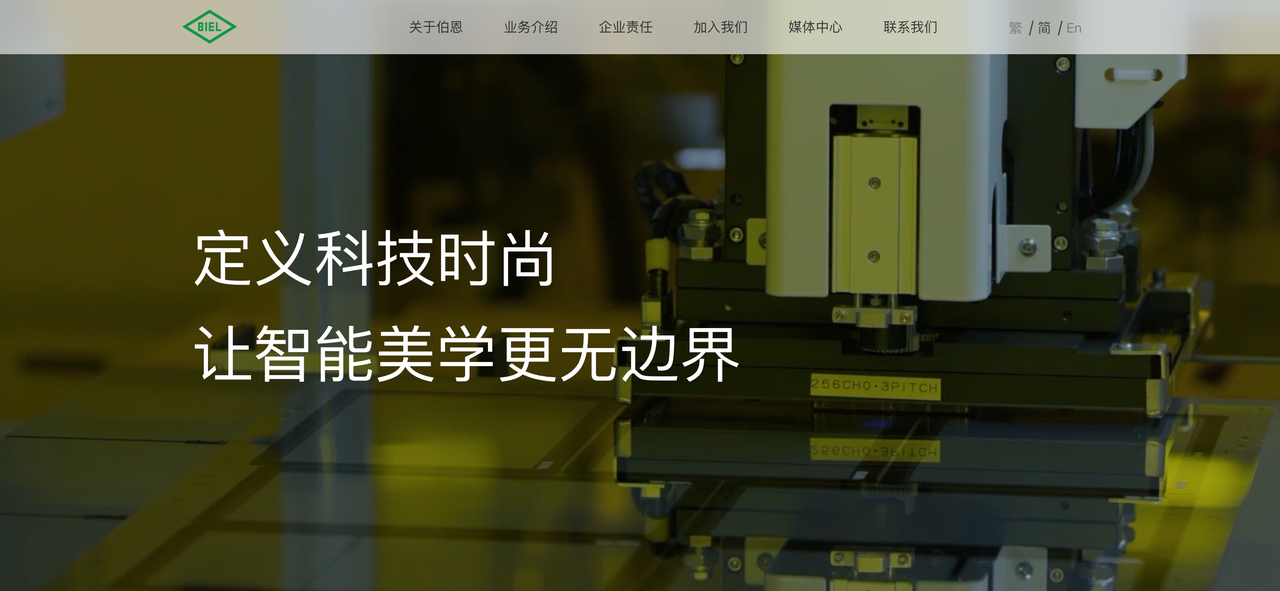The Glass Legend Behind the Screen
In January 2007, just weeks before Apple’s first iPhone was set to launch, Steve Jobs made a last-minute call: ditch the plastic screen and go with glass.
At the time, virtually all mobile phones used plastic screens. Switching to glass on such short notice posed immense technical and supply chain challenges. But within that narrow window, BIEL Crystal delivered — producing glass panels that met Apple’s exacting standards. That win marked their entry into the core supply chain of the world’s most iconic consumer electronics brand.
Eighteen years later, BIEL has grown into a quietly dominant force in the global consumer electronics industry — a hidden giant in the world of glass.
Their client list includes many of the world’s leading tech brands. From smartphones and wearables to AR/VR headsets and in-car displays, BIEL’s products are everywhere. Whether it’s a glass cover, a sapphire watch face, a fingerprint sensor component, or a ceramic accessory, BIEL holds a leading position across multiple specialized domains.
In fact, maybe you’re reading this through a glass screen made by BIEL.
The Factory Behind Every Glass Screen
For a manufacturing powerhouse like BIEL Crystal, keeping equipment running smoothly isn’t just about productivity—it directly impacts product yield and delivery reliability.
Take a single smartphone glass cover as an example. From cutting and edge grinding to strengthening, coating, cleaning, inspection, and assembly—the process spans more than a dozen steps and dozens of machines. And not a single one can afford to fail. A minor glitch anywhere in the line can set off a chain reaction, jeopardizing delivery timelines for global clients.
That’s why routine equipment inspections are mission-critical—ensuring machines are checked on time, faults spotted early, history recorded, and issues flagged for quick resolution.
In the past, BIEL’s inspection teams relied on paper forms. Each check was logged by hand on sheets of paper inside the factory, passed manually to back-office teams, and eventually stored away in file cabinets.
Once the data was on paper, it became static — unsearchable, untraceable, and unusable.
When a breakdown occurred, maintenance teams had no quick access to past records. Hard-won troubleshooting knowledge couldn’t be reused at other plants.
And this isn’t just BIEL’s challenge — it’s a common pain point across the manufacturing industry. High-frequency, repetitive, collaborative workflows often lack the right digital tools to support them.
That’s why BIEL began looking for a better solution — one that could digitize critical inspection processes without requiring heavy development resources.
Starting with Equipment Inspections
After evaluating several no-code and low-code platforms, BIEL chose NocoBase as the foundation for its new equipment inspection system. With its streamlined setup, flexible permission controls, strong data security, and a rich plugin and workflow ecosystem, NocoBase quickly proved to be the ideal choice.
What sets NocoBase apart from traditional development is simple but transformative: business users can build fully functional systems without writing code—just by mapping out their own workflows.
Once the new system went live, BIEL’s inspection process saw immediate and dramatic improvements:
1. Inspection Records Are No Longer Lost
All inspection data is automatically stored in a centralized system. Technicians can quickly look up any machine’s history—viewing past issues and how they were resolved in seconds.
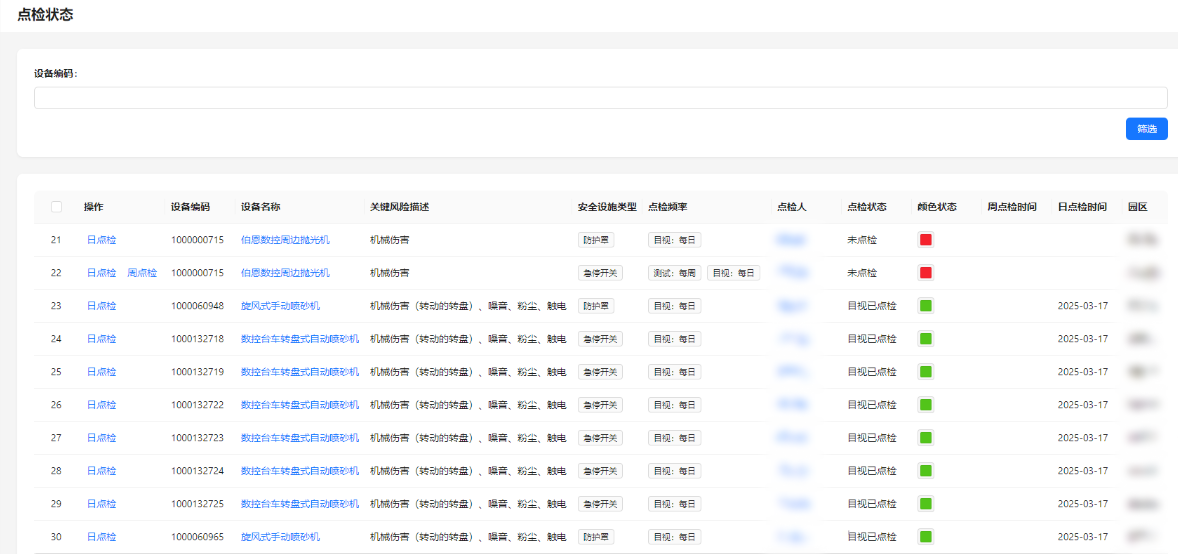
2. Valuable Experience Is Captured
Every resolved issue is logged in the system. When similar problems arise, engineers can skip the guesswork and apply proven solutions—accelerating repairs and avoiding repetitive work.
3. Real-Time Transparency on the Shop Floor
With real-time visibility into equipment status, inspection routines, and anomalies, supervisors can stay in control—making faster, smarter decisions without ever leaving their desks.
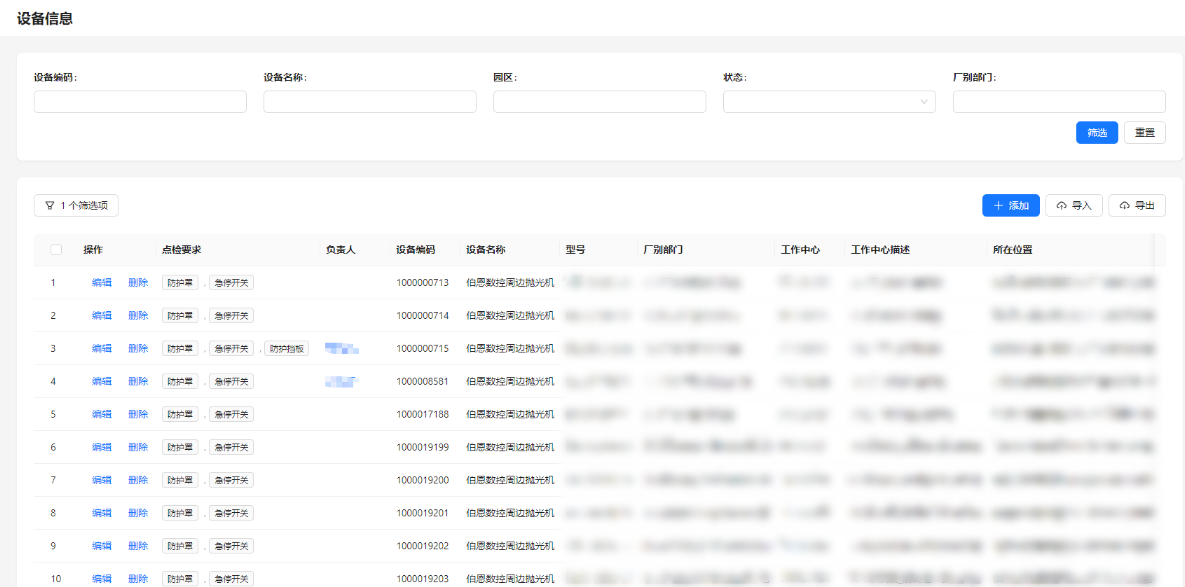
4. Frontline Inspections Are Easier and More Accurate
No more clipboards. Inspectors now use mobile devices to log equipment conditions on the spot and report issues instantly—eliminating manual paperwork for good.
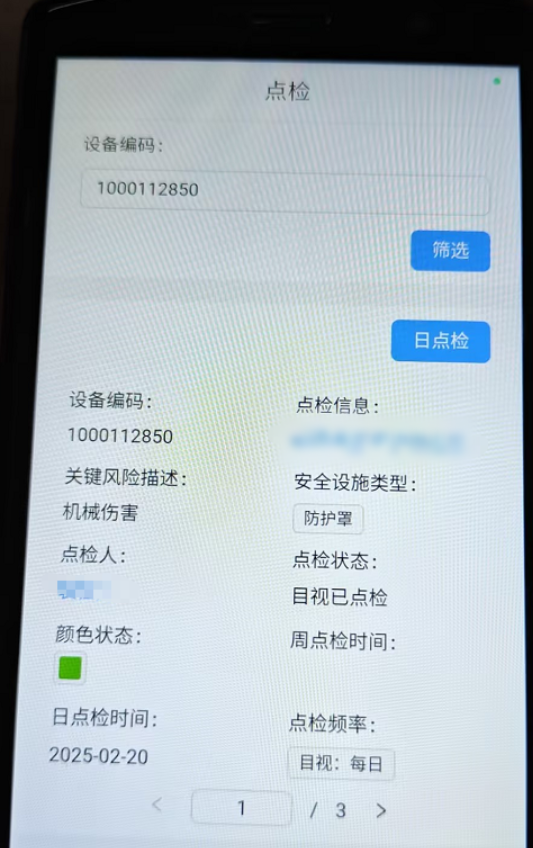
5. No More Overlooked Issues
When an issue is flagged during an inspection, the system immediately notifies the right person. They can respond directly with a solution—keeping the process fast, transparent, and foolproof.
How One Workflow Transformed an Entire Factory
The equipment inspection system was the spark, not the end goal.
Digital transformation in manufacturing often starts with a single business scenario. But the real challenge lies in scaling that success—extending it across more factories, more workflows, and more operational contexts. Every new system rollout must first go through a full POC cycle: rapidly building prototypes, validating feasibility, and determining whether broader adoption makes sense.
In the past, this process was often slow and costly. Frequent requirement changes, custom development, and repeated testing and fine-tuning consumed significant resources and dragged down the pace of transformation.
But with NocoBase, that equation changed dramatically.
With NocoBase’s support for managing multiple applications, BIEL can now build multiple independent business systems on a single platform—and do so rapidly. When a new business need arises, teams can spin up a prototype in a matter of hours, test it on the spot.
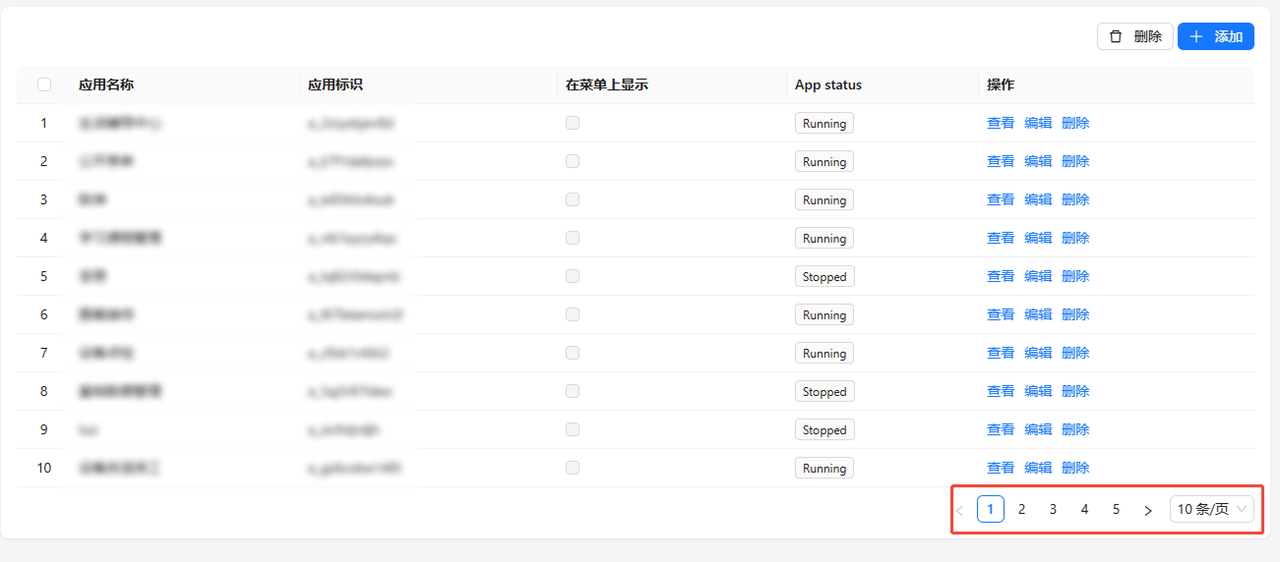
Process reuse across factories has also become remarkably easy. Once a solution is validated in one facility, it can be quickly duplicated, lightly adapted, and deployed elsewhere—drastically cutting the overall cost of digitalization.
The success of the inspection system inspired more departments to get involved. Now, everything from maintenance to scheduling is going digital, with more teams joining the shift.
Digitalization Is Reshaping the Future of Manufacturing
With over 90,000 employees and an annual output of 1.85 billion units, BIEL Crystal is one of the world’s leading manufacturers in advanced glass components. Every piece of glass is the result of finely tuned machinery, streamlined processes, and massive operational coordination.
Now, BIEL is going further—leveraging digital tools to transform the way factories run.
In manufacturing, innovation isn’t just about better products — it’s the ability to adapt, scale, and stay precise in a world of constant change.
More Customer Stories:
- How Distinct HealthCare Uses NocoBase to Build a Personalized, Long-Term Care System
- A No-Code Journey Inside SHIMANO
- What made Japan’s leading real estate firm switch from Salesforce to open-source NocoBase?
- How Second-Brain built an AI system for financial institutions with NocoBase
- How the No.1 AI Voice Recorder Brand Built Its Internal Systems
- Beyond Spreadsheets: Classmethod’s Employee Data Management with NocoBase

